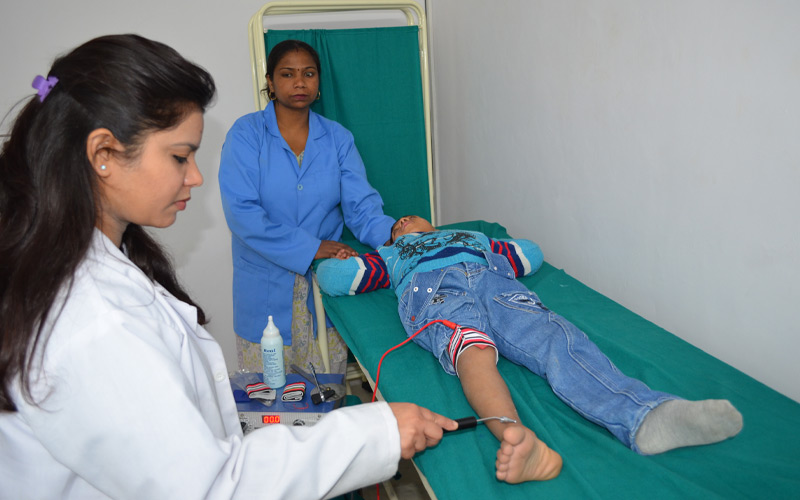Unlocking Recovery: The Role of Inpatient Rehabilitation
Inpatient rehabilitation stands as a beacon of hope for individuals striving to reclaim their independence after facing physical or cognitive challenges. Offering comprehensive care within a structured environment, inpatient rehabilitation programs serve as crucial stepping stones towards recovery and reintegration into daily life.
At its core, inpatient rehabilitation focuses on personalized treatment plans tailored to each patient’s unique needs. Whether recuperating from a debilitating injury, surgery, or managing chronic conditions like stroke or spinal cord injury, these programs provide a multidisciplinary approach, encompassing medical, therapeutic, and psychological interventions. The goal is not merely to address the immediate medical issues but to facilitate holistic healing, aiming for maximum functional restoration.
One of the key advantages of inpatient rehabilitation is the immersive nature of care it offers. Patients reside within the facility, surrounded by a team of dedicated professionals, including physicians, nurses, physical therapists, occupational therapists, speech-language pathologists, and psychologists. This close-knit support system ensures continuous monitoring and immediate response to any emerging needs or challenges, fostering an environment conducive to progress.
Moreover, inpatient rehabilitation promotes intensive therapy sessions, often spanning several hours a day. This concentrated effort accelerates recovery by capitalizing on neuroplasticity, the brain’s remarkable ability to rewire and adapt following injury. Through repetitive exercises, mobility training, and cognitive exercises, patients gradually regain lost skills, enhance their physical strength, and develop coping mechanisms to navigate daily tasks independently.
Furthermore, the structured routine offered in inpatient rehabilitation instills discipline and motivation essential for sustained progress. Engaging in therapy sessions, participating in group activities, and setting achievable goals empower patients, instilling a sense of purpose and accomplishment along their journey.
Beyond the physical aspects, inpatient rehabilitation addresses the emotional and psychological facets of recovery. Coping with the aftermath of illness or injury can be daunting, often leading to feelings of frustration, anxiety, or depression. Inpatient programs integrate counseling and mental health support, providing a safe space for patients to express their concerns, learn effective coping strategies, and rebuild confidence in their abilities.
In conclusion, inpatient rehabilitation serves as a beacon of hope and healing for individuals navigating the challenging path towards recovery. By offering comprehensive care, personalized treatment plans, intensive therapy, and emotional support, these programs empower patients to unlock their potential, reclaim their independence, and embrace a fulfilling life beyond adversity.





